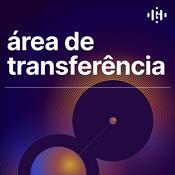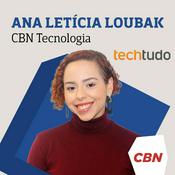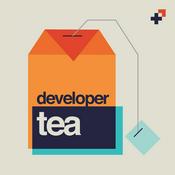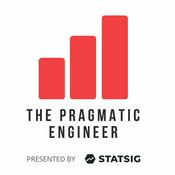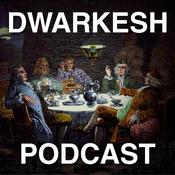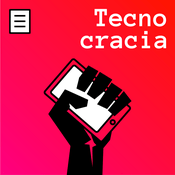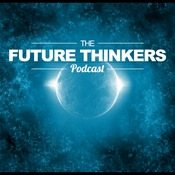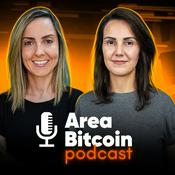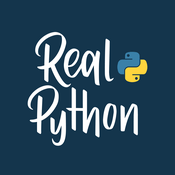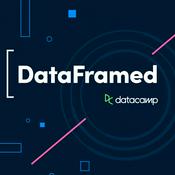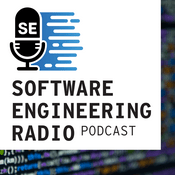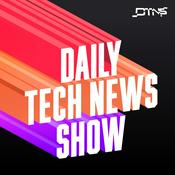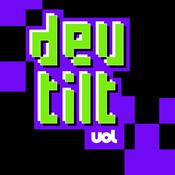133 episódios
- Thomas van Dongen is the head of AI engineering at Springer Nature and the creator of Pyversity! Pyversity is a fast, lightweight open-source Python library for diversifying retrieval results. Retrieval systems often return highly similar items. Pyversity efficiently re-ranks these results to encourage diversity, surfacing items that remain relevant but less redundant. It implements several popular diversification strategies such as MMR, MSD, DPP, and Cover with a clear, unified API.
- Matthew Russo is a Ph.D. student at MIT where he is researching the intersection of AI and Database Systems. AI is transforming Database Systems. Perhaps the biggest impact so far has been natural language to query language translations, or Text-to-SQL. However, another massive innovation is brewing. AI presents new Semantic Operators for our query languages. For example, we are all familiar with the WHERE filter. Now we have AI_WHERE, in which an LLM or another AI model computes the filter value without needing it to be already available in the database!
`SELECT * FROM podcasts AI_WHERE “Text-to-SQL” in topics`
Semantic Filters are just the tip of iceberg, the roster of Semantic Operators further includes Semantic Joins, Map, Rank, Classify, Groupby, and Aggregation! And it doesn’t stop there! One of the core ideas for Relational Algebra and how its influenced Database Systems is query planning and finding the optimal order to apply filters. For example, let’s say you have two filters, the car is red and the car is a BMW. Now let’s say the dataset only contains 100 BMW, but 50,000 red cars!! Applying the BMW filter first will limit the size of the set for the next filter!
So many interesting nuggets in this podcast, loved discussing these things with Matthew, and I hope you find it interesting! - Xiaoqiang Lin is a Ph.D. student at the National University of Singapore. During his time at Meta, Xiaoqiang lead the research behind REFRAG: Rethinking RAG-based Decoding. Traditional RAG systems use vectors to retrieve relevant context with semantic search, but then throw away the vectors when passing the context to the LLM. REFRAG instead feeds the LLM these pre-compute vectors, achieving massive gains in long context processing and LLM inference speed! REFRAG makes Time-To-First-Token (TTFT) 31x faster and Time-To-Iterative-Token (TTIT) 3x faster, boosting overall LLM throughput by 7x while also being able to handle much longer contexts!
There are so many interesting aspects to this and I really loved diving into the details with Xiaoqiang! I hope you enjoy the podcast! - This episode dives into Weaviate's partnership with SAS! We are super excited about our recent collaboration on the SAS Retrieval Agent Manager (RAM), featuring a first party integration with Weaviate! The podcast dives into all sorts of aspects of Enterprise AI adoption from what has changed, to what has NOT changed with recent breakthroughs in AI systems!
- Charles Pierse is the Director of the Weaviate Labs team, where he has recently lead the GA release of the Weaviate Query Agent. The podcast begins with the journey from alpha to GA release, discussing unexpected lessons and the collaborations between teams at Weaviate. Continuing on the product design, we cover the design of the Python and TypeScript clients and how to think about response models with Agent products. Then diving into the tech, we cover several different aspects of the Query Agent from question answering with citations, to schema introspection and typing for database querying, multi-collection routing, and the newly introduced Search Mode. We also discuss the Weaviate Query Agent's integration with the Cloud Console, a GUI home for the Weaviate Database! We are also super excited to share a case study from one of the Query Agent's power uses, MetaBuddy! The podcast concludes with the MetaBuddy case study and some exciting directions for the future development of the Query Agent.
Mais podcasts de Tecnologia
Podcasts em tendência em Tecnologia
Sobre Weaviate Podcast
Join Connor Shorten as he interviews machine learning experts and explores Weaviate use cases from users and customers.
Site de podcastOuça Weaviate Podcast, Area Podcast e muitos outros podcasts de todo o mundo com o aplicativo o radio.net
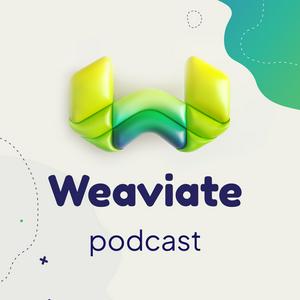
Obtenha o aplicativo gratuito radio.net
- Guardar rádios e podcasts favoritos
- Transmissão via Wi-Fi ou Bluetooth
- Carplay & Android Audo compatìvel
- E ainda mais funções
Obtenha o aplicativo gratuito radio.net
- Guardar rádios e podcasts favoritos
- Transmissão via Wi-Fi ou Bluetooth
- Carplay & Android Audo compatìvel
- E ainda mais funções


Weaviate Podcast
Leia o código,
baixe o aplicativo,
ouça.
baixe o aplicativo,
ouça.


